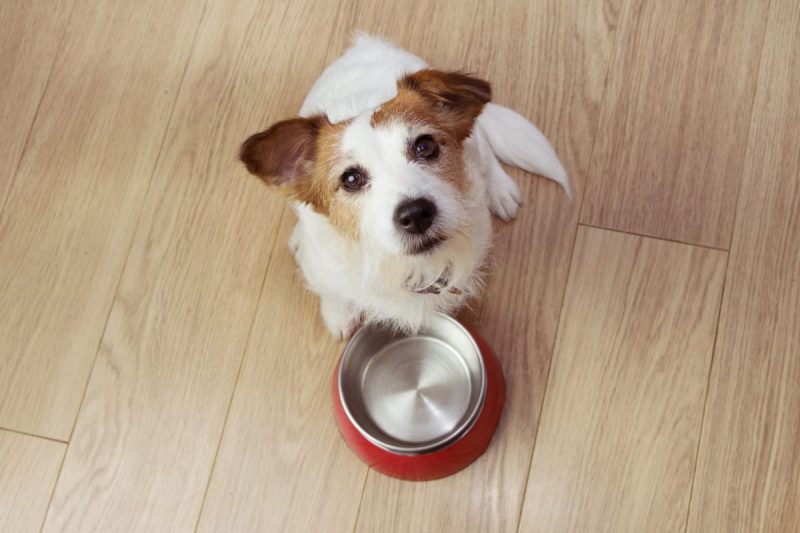Acid reflux in dogs, also called gastroesophageal reflux disease, happens when the acid and enzymes from the stomach and intestines that aid in digestion move into the esophagus. While the symptoms aren’t particularly life-threatening, they can cause discomfort. They can also be dangerous, as the acidic contents of the digestive system can wear away at the lining of the esophagus over time, leading to ulcers.
If you see symptoms in your dog, then you must get to your veterinarian right away so they can form a diagnosis and begin treatment. Here’s what you should know about acid reflux in dogs.
Symptoms of acid reflux in dogs
Gastroesophageal reflux disease may be difficult to recognize, as dogs can’t tell you when they are uncomfortable. There are, however, several symptoms and signs that you should look out for.
While the symptoms in canines aren’t an immediate emergency, the irritation and inflammation of the esophagus can cause narrowing, thinning, or necrosis. Also, the constant regurgitation can cause vomit to enter dogs’ lungs and lead to further damage or aspiration pneumonia.
If you notice the following, consult your vet:
- Burping, gurgling, gagging, or weak vomiting after meals
- Bad breath
- Wheezing
- Loss of appetite
- Weight loss
- Evidence of pain like whining or howling during or after eating
- Inactivity or lethargy after meals
- In severe cases, fever or excessive salivating
If you see these symptoms, your veterinarian can run a test to diagnose your dog. The test will likely include an esophagoscopy, which uses an internal camera to look at the lining of the esophagus to see if the mucus lining has deteriorated or if there are any irregularities or signs of bleeding.
Causes of acid reflux in dogs
Acid reflux in dogs is common and can happen at any age, though younger dogs tend to be more at risk because their esophageal sphincters are still developing. The condition may result from a damaged or weakened lower esophageal sphincter.
The stomach has a lining that protects it from digestive fluid, but the esophagus does not. When the esophageal sphincter fails to prevent digestive acid from entering the esophagus, it can irritate the delicate mucus lining. This happens more often after a large meal or a meal that is high in fat. Improper emptying of the stomach and obesity are also causes of canine acid reflux. Additionally, certain medical conditions like hiatal hernia, which is a congenital condition developed from birth, can increase the risk of acid reflux in canines, as well.
Dogs may also develop acid reflux as a result of surgery. When anesthetic is administered, it can cause the esophageal sphincter to relax, which leaves an opening between the stomach and the esophagus. If a dog isn’t positioned properly during anesthesia, or if a dog hasn’t fasted before receiving anesthesia, it can result in acid reflux.
Veterinary treatments for canine acid reflux
The treatment for acid reflux in dogs usually consists of withholding food for one or two days. Then feeding can resume with small, frequent meals of a low-fat, low-protein diet, rather than large, infrequent meals. Fat and protein are usually responsible for increasing gastric acid, so they must be regulated. Dry dog food may be switched out for hydrated or homemade food like chicken or broccoli.
In some cases, a vet may prescribe pro-kinetic medication. This helps move food through the digestive system and strengthens the esophageal sphincter muscles.
Rarely, surgery may be needed to fix hernias or ulcers if they’ve developed; although, these surgeries can often be performed endoscopically and are minimally invasive and have a quick recovery time.

